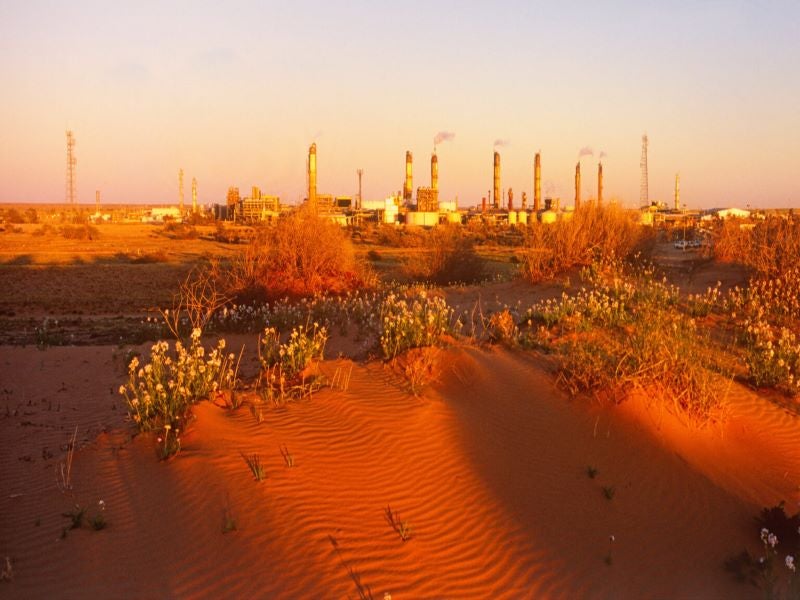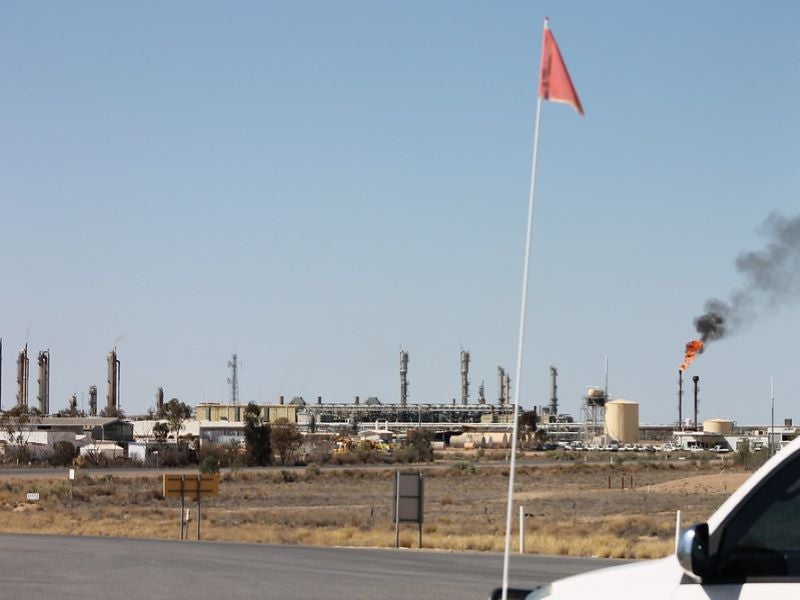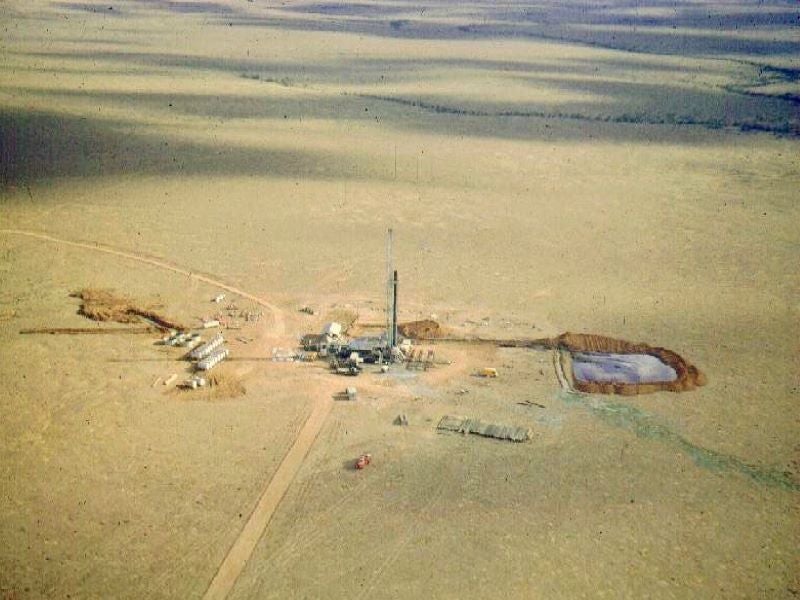The Moomba carbon capture and storage (CCS) project being developed in South Australia will be one of the world’s biggest CCS projects. It will be capable of storing 1.7 million tonnes (Mt) of carbon dioxide (CO2) a year in phase one.
Scheduled to enter service in 2024, the CCS project will capture CO2 from the Moomba gas plant operated by Santos and transport the same through an underground pipeline for permanent storage in the depleted gas reservoirs of the Cooper Basin in South Australia.
Santos holds 66.7% interest and will operate the CCS project, whereas the remaining 33.3% interest is held by Beach Energy, another oil and gas company based in Australia.
Santos and Beach Energy reached final investment decision (FID) on phase one of the Moomba CCS project in November 2021 with the start of construction expected in the second half of 2022. Phase one of the CCS project is estimated to cost A$220m ($165m).
The facility will enable Santos and Beach Energy to reduce their carbon footprint and offset South Australia’s CO2 emissions by more than 7%. Subject to future expansions, the Moomba CCS will have an ultimate storage capacity of 20Mt of CO2 a year.
Funding for Moomba CCS project
Australia’s Carbon Capture Use and Storage (CCUS) Development Fund sanctioned A$15m ($11.62m) grant for the Moomba CCS project in June 2021.The project was also registered under the Emissions Reduction Fund (ERF) by Australia’s Clean Energy Regulator (CER) in November 2021.
Location and site details
The Moomba gas plant is located 800km north of Adelaide in the Strzelecki desert in South Australia. The plant receives production from more than 100 oil and gas fields operating in the onshore Cooper Basin.
The Cooper Basin, which is considered to be one of the most prolific oil and gas producing regions in Australia, spans the borders of north-east South Australia and south-west Queensland.
Moomba CCS infrastructure and process details
The CCS project will capture CO2 from four CO2 removal trains at the existing 400 terajoules per day (TJ/d) Moomba gas processing plant. The captured CO2 will undergo dehydration and multi-stage compression before being transported through an underground pipeline for permanent storage within the depleted gas reservoirs of Cooper Basin fields such as Della, Marabooka and Strzelecki.
Moomba CCS facility will comprise a multi-stage centrifugal compressor and a triethylene glycol (TEG) dehydration unit. The CO2 separated from natural gas at the Moomba gas processing facility will be compressed prior to dehydration and the dehydrated CO2 will be sent back to the same centrifugal compressor for further compression before being discharged through the pipeline.
The CCS plant at the Moomba facility will be designed to produce up to 84 million cubic feet (Mcf) of dehydrated CO2 a day operating at a discharge pressure of up to 14,600 kilopascal gauge (kPag).
Four injection wells are planned to be drilled by the end of 2022 to allow permanent underground storage of CO2 within the depleted gas reservoirs of the Cooper Basin.
Approximately 100 tonnes (t) of CO2 was injected into the reservoirs of the Strzelecki field, as part of the final field trial for the Moomba CCS project in October 2020.
Contractors involved
Baker Hughes, an energy technology company based in the US, received a contract to supply the CO2 compression equipment including a PGT25+G4 aero-derivative gas turbine, a horizontally split MCL compressor and a vertically split BCL compressor for the Moomba CCS facility in December 2021.
Equinox Engineering, a company based in Canada, was engaged to provide engineering design services for the CO2 capture, compression, dehydration, transportation and sequestration facilities of the Moomba CCS project.





